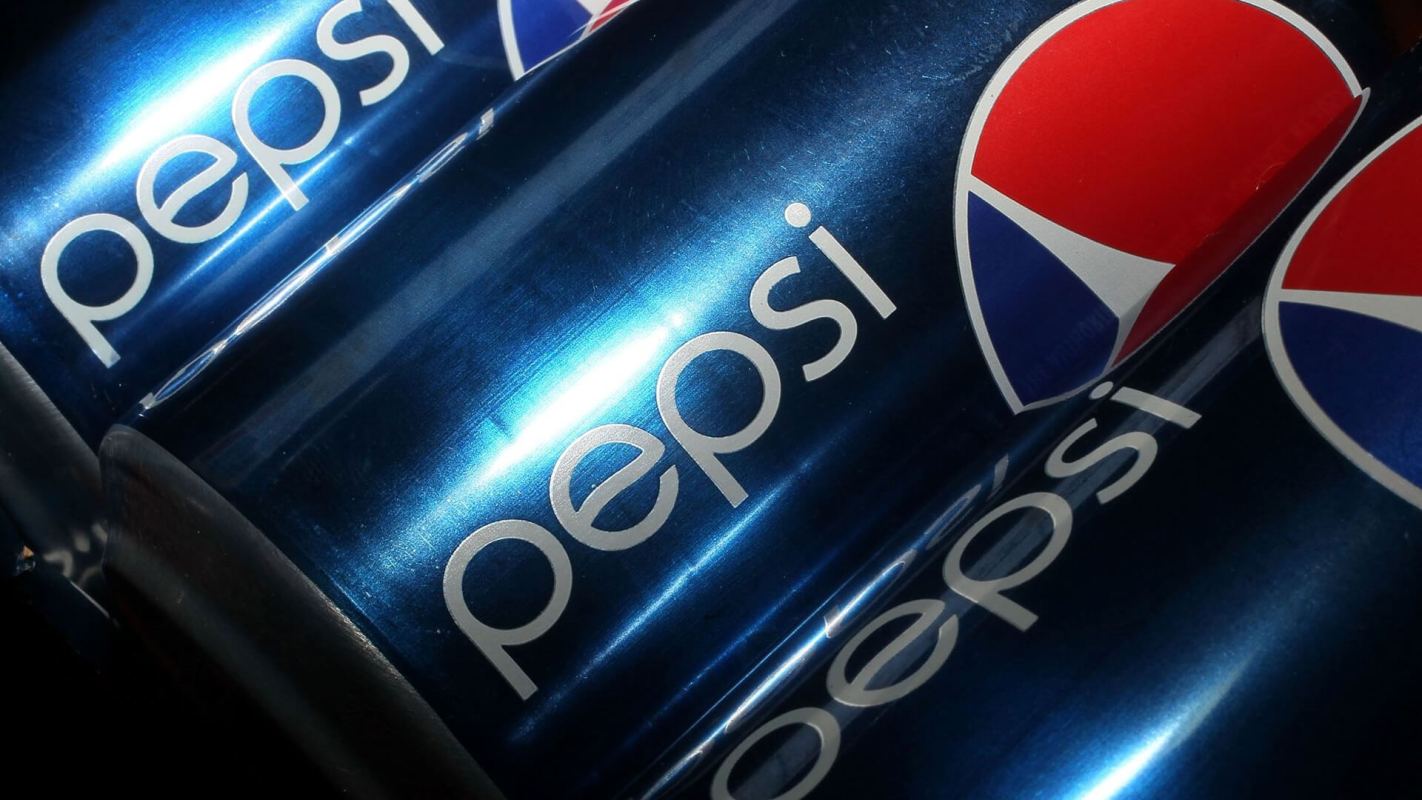One major soda company is making a major move to reduce plastic waste by doubling its usage of reusable packaging.
By 2030, soft drink giant PepsiCo says 20% of all beverage servings it sells will come via reusable models. That's a 50% increase over current reusable content.
The initiative is part of PepsiCo Positive (pep+), the sustainability strategy that PepsiCo Chairman and CEO Ramon Laguarta calls "the future" of the company. He says it's a "fundamental transformation" of the soft drink giant's growth "and shared value with sustainability and human capital at the center."
Much of its reusable commitments come by way of SodaStream, the DIY soda machine company PepsiCo acquired in 2018 for $3.2 billion.
The company also offers refillable and returnable glass and plastic programs in countries including Mexico, Guatemala, Colombia, Chile, Germany, and the Philippines.
PepsiCo is also innovating its product offerings with concentrated powers and tablets that require less packaging than ready-to-drink products. It's exploring these options for Gatorade Propel, Muscle Milk, and Evolve.
The soft drink giant says it's working to reduce its virgin plastic per serving use by 50% by 2030 on its road to net zero by 2040. It's also bringing reusable glasses to its fountain drink partners such as fast food restaurants and school and hospital cafeterias.
"Fundamentally transforming the traditional beverage consumption model will require making reusable and refillable options accessible and convenient, at scale, for consumers — and that's what PepsiCo aims to do," said Jim Andrew, chief sustainability officer of PepsiCo.
"PepsiCo will accelerate our investment in disruptive innovation and advocate for policies that allow us to scale up reusable packaging options, platforms and programs so that we can offer consumers a wide variety of alternative ways to enjoy their favorite beverages while moving away from reliance on single-use packaging," Andrew continued.
PepsiCo says it's aligned with the Ellen MacArthur Foundation's "Reuse — Rethinking Packaging" ethos. The organization is working to accelerate the transition to a circular economy through strategic partnerships such as this.
"We know we cannot recycle our way out of this plastic pollution crisis," said Sander Defruyt, the Ellen MacArthur Foundation's plastic initiative lead. "By avoiding single-use packaging waste in the first place, reuse business models are an important part of creating a circular economy."
Defruyt went on to say, "We welcome this significant step forward by PepsiCo and we hope other global brands will follow suit and similarly set quantitative reuse targets helping to reduce their use of virgin plastics in packaging."
Join our free newsletter for cool news and actionable info that makes it easy to help yourself while helping the planet.









